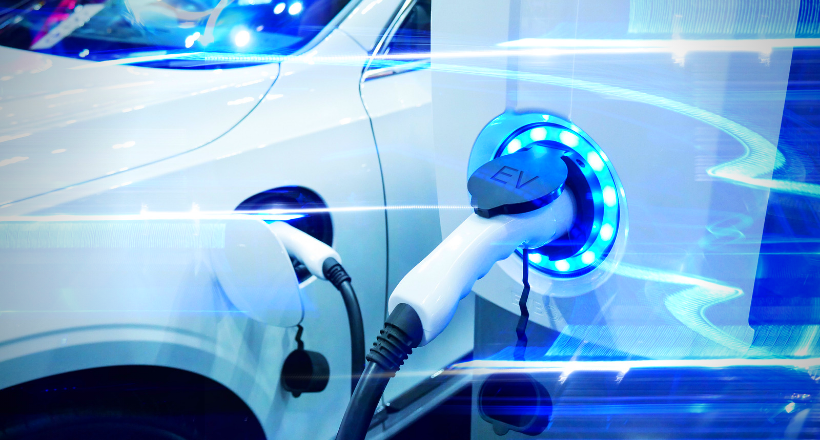Ofer Levin GTI: The Future Belongs to the Electric Cars
The coronavirus pandemic has shown us a new trend for the possible future of what could become of gasoline or diesel engines. Though car sales collapsed drastically in Europe because of the pandemic, a particular section- electric vehicles increased drastically. This increase was attributed to the fact that the prices of electric cars are getting close to that of cars with gasoline or diesel engines.
Aside from the fact that electric cars are cost-effective and more comfortable to maintain, several deals are being offered on electric vehicles by carmakers in Europe, to stay in line with stricter regulations on global warming due to carbon dioxide emissions.
Ofer Levin GTI, a leading expert in cars, says this about the increase in sales of electric vehicles: “Electric vehicles are becoming mainstream not only because of their elegance, cost-effectiveness, and eco-friendliness, but also due to government incentives on them. For instance, government subsidies on electric cars can deduct more than $10,000 from the final purchase price. Also, in some countries like Germany, an electric car can be leased for about 139 euros a month. And undoubtedly, these government subsidies and incentives are making electric cars more accessible to the general populace.”
As electric cars keep gathering steam across the globe, Europe has a market share of 5 percent of new battery-powered car sales while America has only about 2 percent. And according to Ofer Levin, it is inevitable that the automobile industry is on the verge of a new normal where with or without subsidies, electric cars will become cheaper than cars with gasoline or diesel engines.
Aiming at the future of electric cars with a better battery
Since battery-packs power electric cars, it has been an utmost consideration to get their cost below $100 per kilowatt-hour. Battery packs are rechargeable systems that store energy. If the standard measure of battery power can be pushed below $100, that will make driving an electric car cheaper than gasoline.
Ofer Levin emphasizes in this respect, “The number one challenge faced by electric carmakers is building a better battery that will cost less than $100 per kilowatt-hour. Most battery packs currently cost about $150 to $200 per kilowatt-hour depending on the technology behind them. Therefore, finding a way to cut down the cost of battery packs will make electric cars cheaper and more cost-effective than gasoline or diesel engines.”
Though lithium-ion batteries power most electric cars, there are still quite some variations on that elementary chemistry. And this has led to fierce competition among electric carmakers on finding the best materials for storing most power with less weight. And fortunately, different kinds of research, most especially in China, are being conducted to ensure the development of better batteries.


